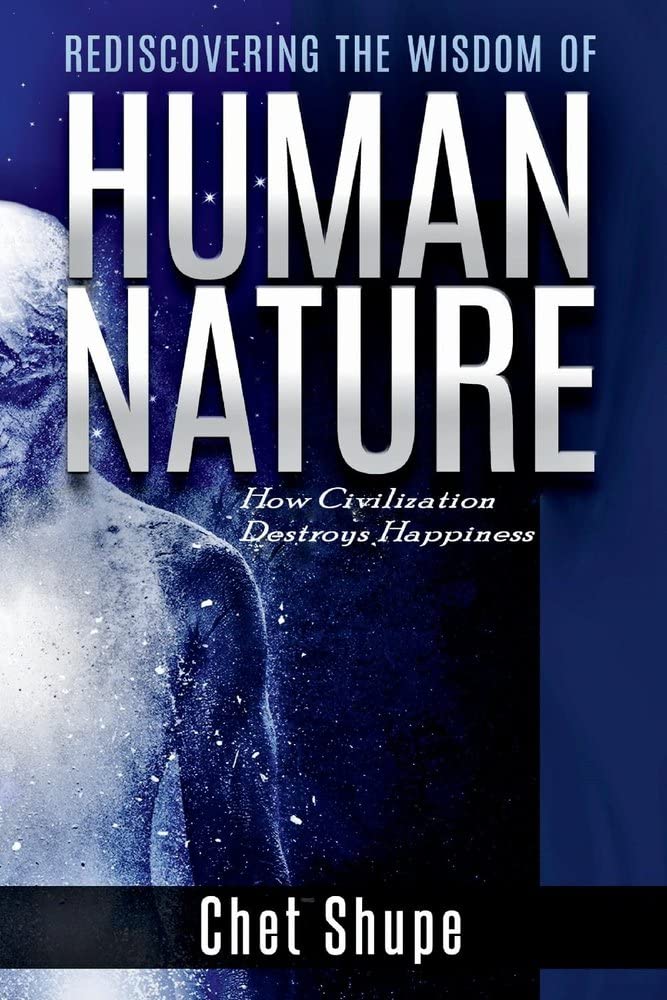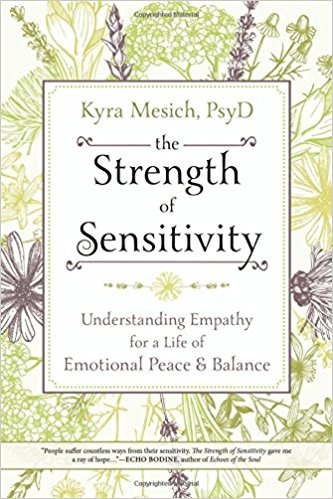Rediscovering the Wisdom of Human Nature: How Civilization Destroys Happiness
A call to arms for contemporary society, Rediscovering the Wisdom of Human Nature: How Civilization Destroys Happiness by Chet Shupe challenges conventional perspectives on happiness, civilization, and the overall human experience. To accomplish this, Shupe delves into the fields of psychology, sociology, self-help, and beyond, offering insights into people’s (now unfulfilling) emotional connections and the impacts of modern systems of living on people’s well-being.
Shupe’s central thesis is that humanity’s current dependence on strictly structured monetary, legal, and governance systems has severed people’s traditional (and necessary) emotional connections, thereby giving rise to the widespread discontent seen in contemporary society. He argues that earlier humans (prior to the development of language) lived and thrived in a state of contentment exactly because they existed in harmony with nature and relied on genuine emotional connections for survival.
By contrast, the modern world’s future-focused reliance on regimented systems and processes prevents people from being attuned with nature and fulfilling their fundamental need for love and companionship. Shupe contends that such troubles stem from fear and the associated desire to control the future. He further suggests that “We now live in a world of technology, comforts, and excess, in which we see our possibilities as limited only by our imaginations. […] We remain as unwitting as our ancestors, even as we suffer the moving catastrophe they unknowingly unleashed upon our species.”
Founded on an interesting and plausible premise, Rediscovering the Wisdom of Human Nature combines historical insights, philosophical reflections, and real-world examples in support of Shupe’s arguments. It explores the impact of civilization on happiness, the potential of community to serve as a solution to societal issues, and the role of prescriptive traditions such as marriage in perpetuating unobserved subjugation. The inclusion of quotes from thinkers as varied as Henry David Thoreau and Mister Rogers, Yuval Noah Harari and John Lennon, backs up the key contentions and suggests avenues for further research.
Shupe certainly succeeds in provoking contemplation of human behavior and contemporary issues. His straightforward and conversational writing style renders his theory accessible and engaging, as does his practice of relating his more abstract philosophical ideas to common concerns such as love, spirituality, social justice, consumerism, and politics. Shupe’s interesting examination of the dangers of emotional/social isolation is especially valuable, given recent news reports and statistics about this growing concern.
Still, Shupe could have done more to enhance the strength and persuasiveness of his arguments. As Rediscovering the Wisdom of Human Nature is intended as a self-help book with more scientific rigor than most, it would have been useful if he had included far more sources, particularly more recent peer-reviewed scientific research. In addition to backing up his assertions, doing so would have allowed Shupe to include further perspectives on the issues at hand.
However, despite such limitations, Rediscovering the Wisdom of Human Nature makes a thought-provoking contribution to the growing body of literature concerning human happiness, its drivers, and its constraints. The challenges that Shupe poses to conventional wisdom prompt reflection and may inspire some readers to pursue an alternative path in life in the quest for true happiness and contentment.
| Author | Chet Shupe |
|---|---|
| Star Count | 3.5/5 |
| Format | eBook |
| Page Count | 256 pages |
| Publisher | Bookbaby |
| Publish Date | 06-Dec-2022 |
| ISBN | 9781098303990 |
| Bookshop.org | Buy this Book |
| Issue | January 2024 |
| Category | Self-Help |
| Share |







Recent Comments